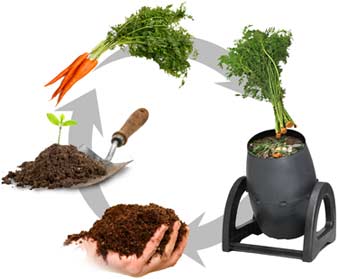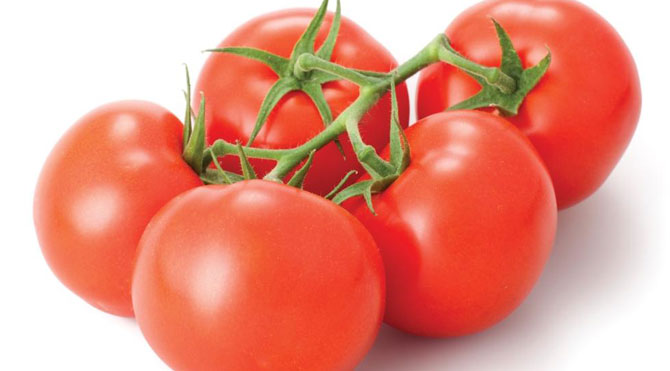
A lot of people are getting into composting. Not only is it good for the environment but it is also great for the garden. Using more natural fertilizers not only keeps your plants well fed it also helps reduce the risk of burning the soil (adding too much nutrients for the plants to thrive). People add peels and cut up bits of left over vegetables and fruit as well as trimmings from the garden. There are a couple of things that people sometimes don’t add that can be great for composting, though.
Coffee grounds and tea bags or leaves are great composting materials. Both are acidic and can help the other plant material break down faster. Tea bags can be used whole, the paper tag and filters paper will compost up great along with the rest. You might want to remove the staple in the bag if there is one. Coffee grounds are especially good if you are composting leaves as the acidic nature of the grounds will help break the leaf outer resin coating down faster. Egg shells, well rinsed and crushed up, can add calcium to the soil mix. You just want to make sure to rinse off the residue from the inside before you do this to avoid having proteins that may attract flies.
Another source of good material people often miss is sticks. Whole sticks take a long time to compost so most people throw them out, but the bark and wood are great nutrients for soil. The wood pulp can help retain moisture during dry months as it continues to decompose and give back the nutrients over time. The thing is, it is big and bulky and tends to be awkward when using the compost. The easy fix for this is to whittle the wood down. Just take a knife and slice the stick into shavings and whittle it down to nice, easy to compost, thin wafers that will not only compost faster and be easier to use but will still retain the water management properties. Even cut into thin shavings the wood pulp will hold as much, if not more of the water in the soil as big chunks of wood. The smaller pieces have more surface area per pound so that they absorb water faster. Brief rainfalls will be maximized in water retention.
Shredded newspaper will give much of the same benefit as the wood shavings as well. Ripped into thin and short shreds, the paper will compost easily and provide water retention properties. Although newspaper lasts for a shorter time than natural wood, it is a great way to get rid of old newspapers as long as you don’t overdo it. The content of your compost should be no more than 1/3 newspaper shreds as it can compact more easily than wood shavings, binding root growth.
A final idea is nut shells. Peanut, walnut, whatever nuts you eat, if you have nut shells they are excellent to add to the compost. Crush them up good and then add them to the mix. You can even add them to the compost just before using it. The nut shells will help the composted soil not compact, providing a natural aggregate to keep the soil looser and allowing roots to grow easier. The shells will break down easily, releasing their nutrients quickly. That is what they are designed to do, fertilize the soil around the seed (nut) when it germinates — so they are a natural fertilizer, all ready to be used.
[sgmb id=”1″ customimageurl=”” ]

